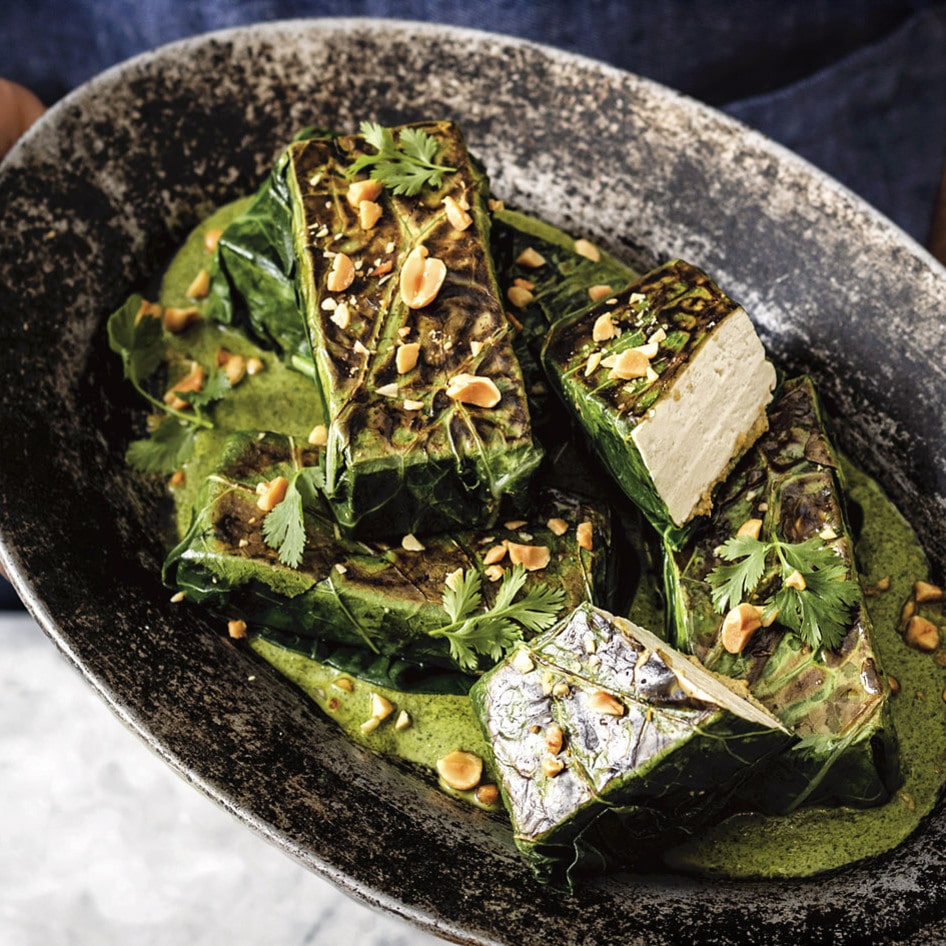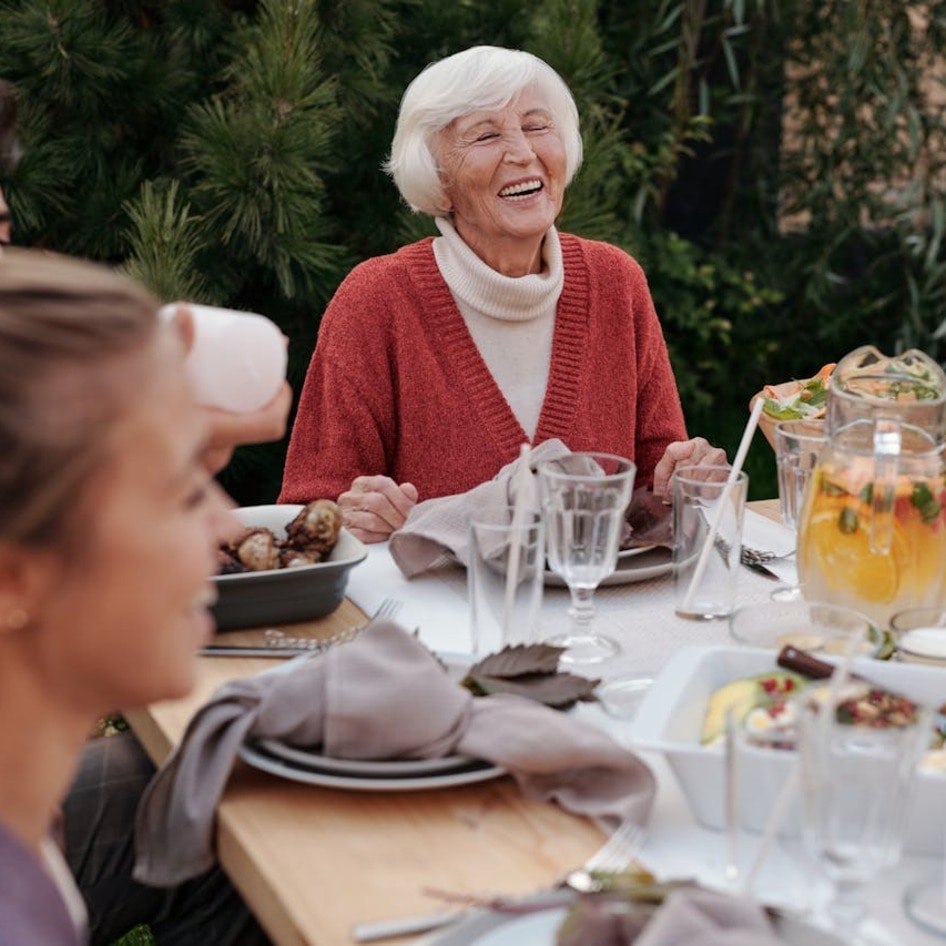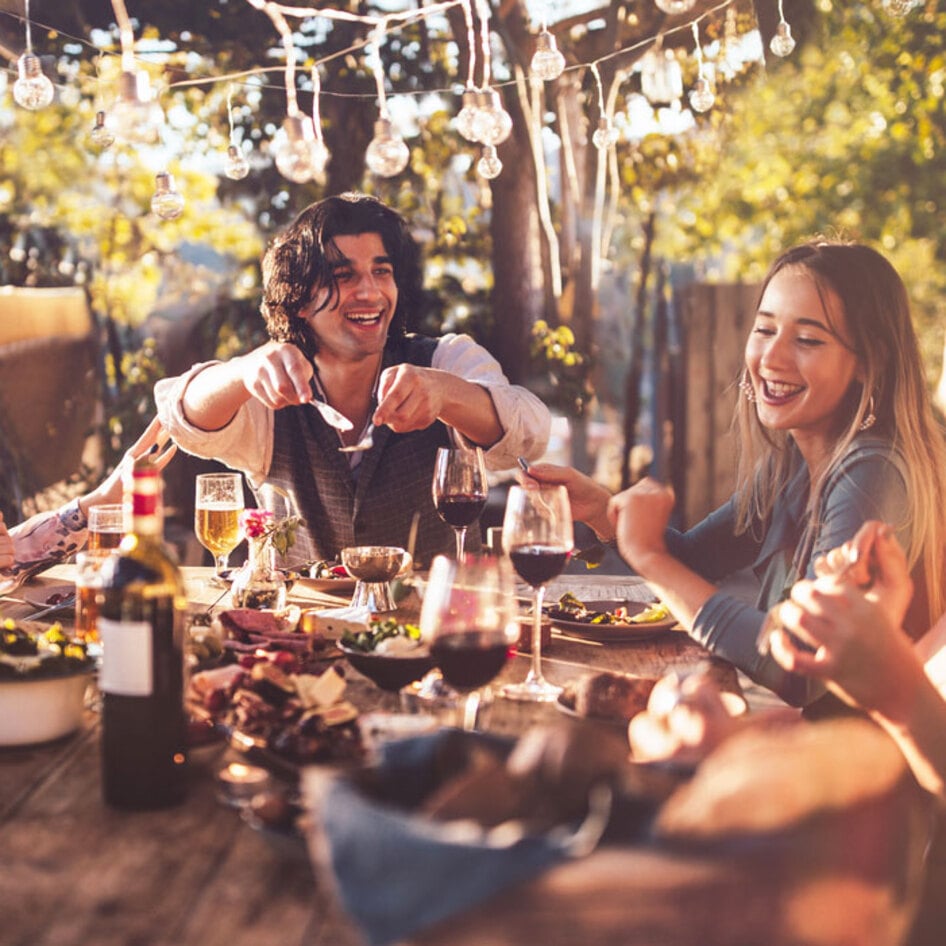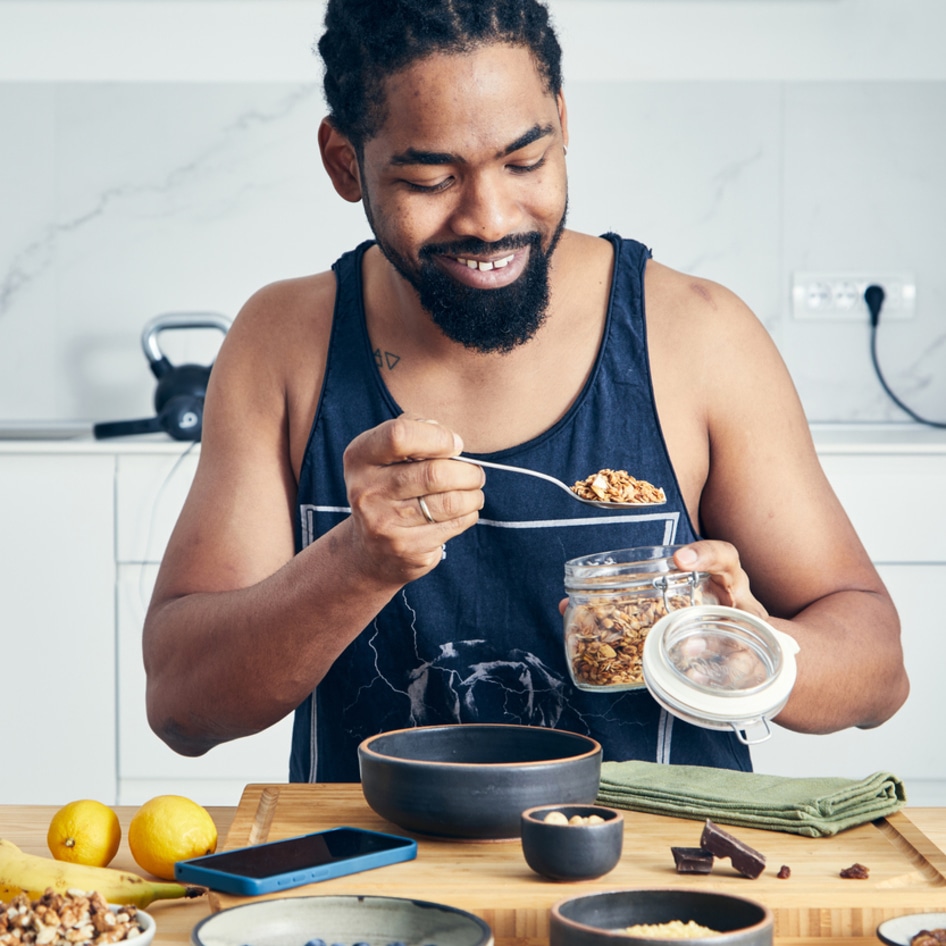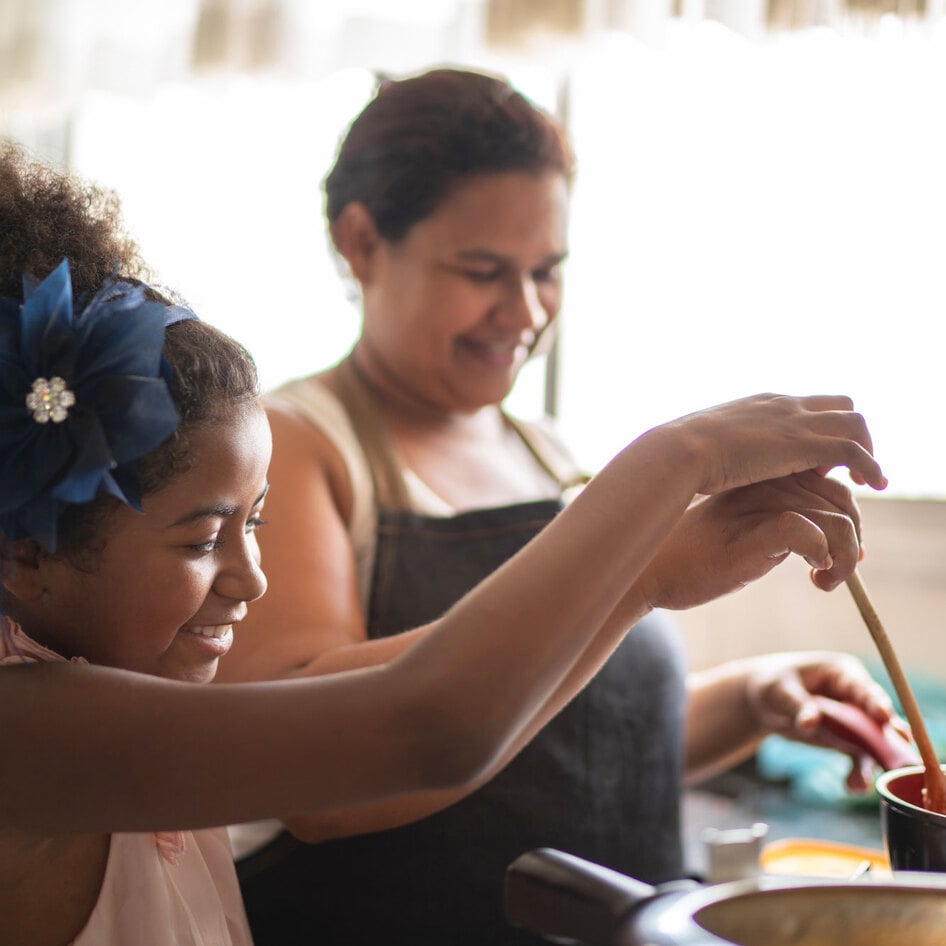Our health is a reflection of our choices but it is also a reflection of our experiences. For many people in the Black community, race plays a significant role in how we walk through life, so it naturally contributes to our wellness in various forms. As vegans within the ever-growing wellness community, there’s no better way to promote veganism and wellness than by being inclusive of others’ experiences. This can be done by taking into consideration factors such as race, privilege, and mental health when sharing messages about wellness and the vegan lifestyle. Here are seven ways you can advance your advocacy and incorporate more race-inclusive messaging within the vegan wellness space.
1. Make sure you’re actively considering different factors that impact health—and yes, race is one of them.
Many influencers and advocates within the wellness community present advice and ideas as if eating behaviors and fitness routines are the only two things that determine healthy changes and wellbeing. When you take into consideration factors such as the disproportionate impact of food insecurity on communities of color and the biological stress as a result of discrimination that contributes to mental and physical health, it’s clear that there are many privileges that play a role in being able to make those lifestyle changes in the first place. We need to consider that just because you and those you surround yourself with don’t face these kinds of issues, that doesn’t mean they don’t play a significant role in someone else’s journey to wellness.
2. Elevate Black people’s voices in conversations.
From podcasts to social media, some of the biggest names in the vegan wellness community seem to continuously build up and support other white voices. One day, I decided to look at podcast guests of some of the biggest names in vegan wellness, and I was saddened to see little or no Black guests—especially before the recent Black Lives Matter (BLM) movement. This not only pushes the stereotype that vegan wellness is meant for a non-Black audience, but lacking these valuable perspectives means missing out on viewing wellness in a genuinely holistic way.
3. Understand that the faces used to market a brand matter.
Even in 2020, there is a lack of BIPOC (Black, Indigenous, and people of color) models for health-centered companies. This year’s heightened BLM movement made companies more mindful of this, but will that remain the same now that the conversations on social media have calmed down? Representation matters, and if communities don’t see themselves represented in the majority of these companies, that translates to “this isn’t made for you.” If you run a vegan wellness brand or company, incorporating diversity within your marketing strategy is a great way to ensure your service or product speaks to a wider audience.
4. Understand and shed light on the fact that access to food varies and disproportionately impacts communities of color.
Advice that says “Never eat this” and “Only eat that” only applies to people who have easy access to whatever food they want. But many—which equates to millions of people in the United States—have significant barriers to obtaining healthy food such as fresh produce. When looking at the prevalence of limited access to food, Black neighborhoods have the highest rates of food insecurity in the country when compared to all other communities—whether it’s because of finances or living in a location where fresh produce isn’t readily accessible. So much advice in the vegan wellness sphere simply does not apply to many communities, therefore leaving them out.
5. Acknowledge your underlying biases and actively work to combat them.
Black people across the country receive significantly lower quality of care when compared to other demographics. This is even seen after accounting for income and location—proving that race alone plays a legitimate role in healthcare discrimination and disparities. If these biases and mistreatment are seen on a national level in the US, then those in the vegan wellness community should acknowledge that they, too, likely hold some form of biases. We are all a product of our society, but that is even more reason to be proactive about questioning our own possible prejudices, especially if our goal is to improve others’ wellbeing.
6. Use more inclusive language.
If you’re in the vegan wellness community and your goal is to reach as many people as possible, that’s difficult to accomplish if you only share harsh food and exercise rules. This “all or nothing” narrative is lessening but there’s still a long way to go. To be more inclusive, there should be less demonization of food (including non-vegan food) and more encouragement to incorporate nutrient-dense foods into one’s diet. This isn’t always easy, but we need more vegan voices who encourage and support all the steps along the way in someone’s health journey instead of focusing on telling people they’re wrong.
7. Realize that food has a deeper meaning than its nutritional make-up, especially for people who face above-average discrimination.
When your community and culture experience hardship, the things that bring you closer together—such as food—can hold a different and more comforting meaning. While there are surely ways to get creative and make plant-based versions of classic recipes, trying to force that onto others comes across as ignorant, especially when the Black community has recently been reminded of the immense hatred we still face today.
Brooklynne Palmer is a vegan medical student and content creator who is passionate about bringing awareness of the impact that food, mental health, culture, and more have on overall wellbeing.
JUMP TO ... Latest News | Recipes | Guides | Health | Subscribe

